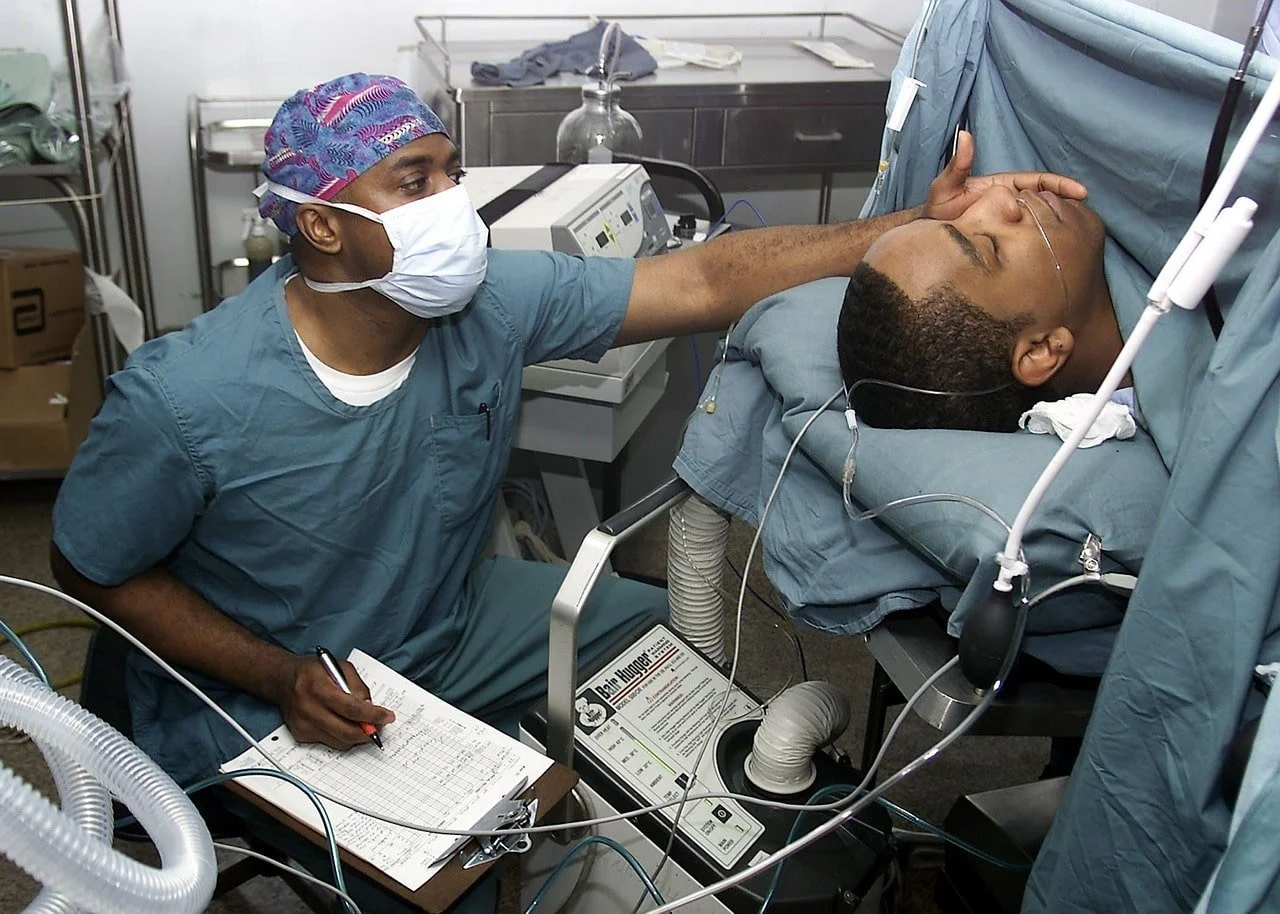The Physician Assistant College Admissions Test, PA-CAT, is being introduced as a new standardized test for PA program applicants. The current standardized test required by certain PA programs is the Graduate Record Examination, GRE. The GRE tests on college level English and mathematics skills in verbal and quantitative reasoning sections, as well as tests writing skills through two essay prompts. This exam is very general and “focuses on testing abstract thinking skills.” The GRE does not test on any specific information expected for pre-PA students to know. PA programs require applicants to have completed a substantial amount of science-based prerequisite courses, and the PA-CAT is targeted to focus on testing on information covered in these courses.
What is the PA-CAT?
The PA-CAT exam that exists now is composed of 180 questions. The material being tested on in the exam comes from different categories, including general biology, general chemistry, organic chemistry, biochemistry, microbiology, anatomy, physiology, genetics, medical terminology, and statistics. As a PA school applicant, you are expected to have completed courses in many of these subjects and retained certain information. The PA-CAT will evaluate your current knowledge of these categories. Your score may show your preparedness to be successful during a rigorous PA program. I believe that in the future when PA programs require the PA-CAT, it will hold more weight than the current GRE scores hold in a PA school application as a whole.
Is the PA-CAT different than the MCAT?
Compared to the Medical College Admissions Exam, MCAT, which is required for entrance in medical school programs, the PA-CAT is comprised of a lesser amount of questions. The MCAT contains 230 questions to be answered over 6 hours and 15 minutes, while the current PA-CAT contains 180 questions. This exam is only being piloted by a few programs and scores do not seem to have any influence on admissions currently. It has been created to see if there is a correlation between PA-CAT scores and PA program student success. I have seen on various program websites that the PA-CAT exam is being utilized during interview sessions.
Are PA program requiring the PA-CAT?
For example, the University of Tampa is requiring applicants to take the PA-CAT exam in a computer lab on day one of their two-day interview session. On a draft schedule, the exam runs from 6:30-9:30 pm. University of Tampa states that “completion of the PA-CAT exam is required for admission. It is an examination of basic science knowledge that is under development and performance will not be used to make an admission decision. You do not have to study for this exam.” While it is necessary for the PA-CAT to be experimented on the population that it will be used for in the future, pre-PA applicants, I find this exhausting for interviewees! Taking a three hour exam on tough science material the night before the actual interview day seems extremely exhausting.
Is the PA-CAT new?
Exam Master is the company sponsoring the PA-CAT research project led by Johnna Yealy, PhD PA-C and Scott Massey, PhD, PA-C. Their website state that “the purpose of the project is to determine whether a targeted PA admissions exam is correlated subsequent student success in PA school and on the PANCE exam. Early focus is on comparing PA-CAT results with didactic GPA. The objective is to develop an instrument that provides real-time data on the knowledge applicants have retained from prior course work and professional experiences. This will provide a consistent measure of science knowledge for each applicant regardless of their educational and work history… The goal is to offer an objective tool, beyond prior GPA and pre-requisite course work, to help PA educators and admission committees make informed decisions about which applicants are most likely to succeed in the PA curriculum.” The blueprint of the PA-CAT by cognitive level is as follows: 41% application, 22% knowledge, 19% comprehension, 16% analysis, 1% evaluation, and 1% synthesis.
Will the PA-CAT help or hurt my chances of getting into PA school?
On the other end, as a PA school applicant, I believe that the PA-CAT can be a good way to judge whether you are ready for the tough didactic portion of PA school ahead. You will be able to prove that you have a solid foundation of knowledge from your prior prerequisite courses and are ready to learn even more! The average length of time medical school applicants study for the MCAT is 3-5 months full time, and I expect this to be very similar for PA school applicants studying for the PA-CAT. This is greater than the average length of time applicants study for the GRE, which seems to range from 1-3 months. Also, it may cost more than the GRE. The GRE currently costs $205 and the MCAT costs $315. I predict the PA-CAT will cost upwards of $250.
Overall, the PA-CAT will add a new level to the PA school application process. It is still in the piloting stages and will take years of research to decide if this exam will be a staple of the PA program community.














Let’s dive into the specific surgical procedures that PAs can undertake while highlighting their collaborative nature within operating rooms. By shedding light on both the benefits and limitations associated with PAs in surgical settings, we hope to foster a deeper appreciation for their invaluable contribution to modern healthcare.